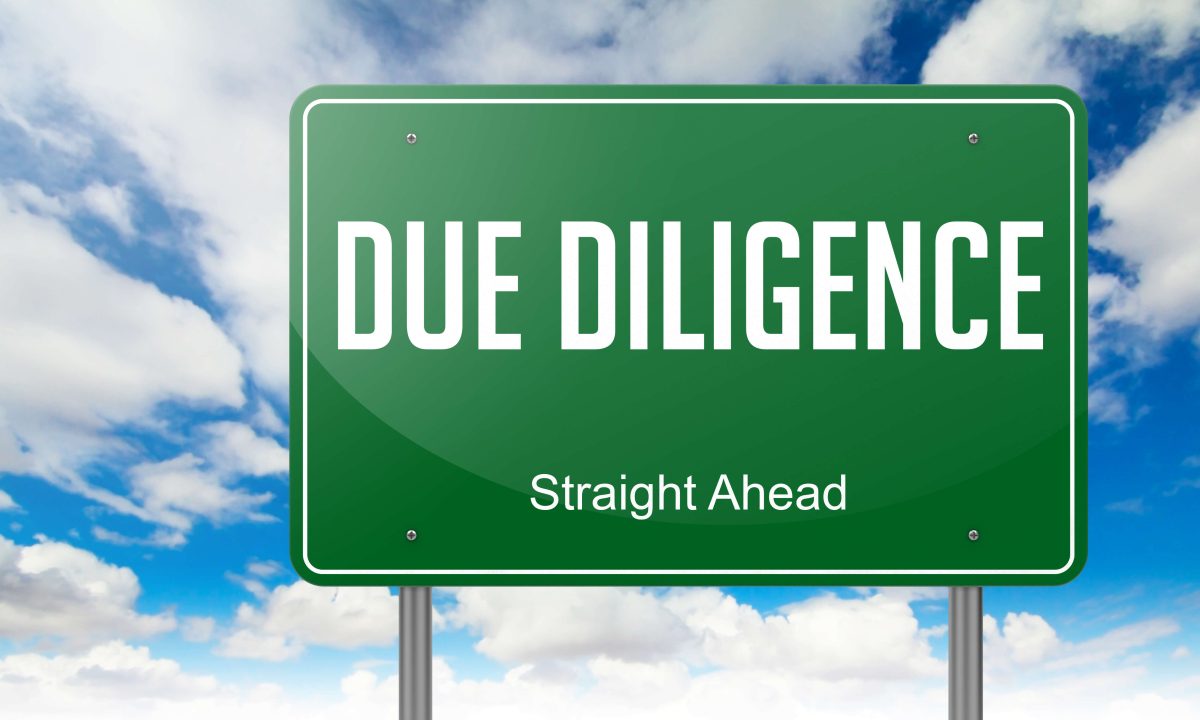
The M&A market has evolved in the wake of the successive Covid and energy crises. Today, buyers are increasingly cautious when structuring transactions and share purchase agreements are more likely to include specific clauses allowing to adjust the price or retract the offer, depending on the evolution of certain future factors. Likewise, indemnity clauses as well as representations & warranties (R&W) are being considered more carefully and negotiated more intensively than in the past.
In such a particular context, warranty & indemnity (W&I) insurances are even more than before an effective tool to facilitate transactions in the M&A market, in particular where there is no obvious warrantor to stand behind the seller’s warranties (e.g., private equity sellers).
As we enter the last quarter of the year, we believe it is a good time to remind our partners of the main benefits of this insurance product. In this first release, we focus on its introduction and key features.
Key features:
W&I insurance is a type of insurance in M&A transactions that protects either a buyer (in the case of a “buy-side” policy) or a seller (in the case of a “sell-side” policy) from financial loss that may arise in case of a breach of warranties and/or indemnities given by the seller in the share purchase agreement (SPA).
W&I insurances not only facilitate “clean exits” for sellers by replacing escrows or contractual claims in an SPA with an insurance policy, but also provide buyers with extensive warranty coverage as well as a strong and professional counterparty (i.e. the insurer) in the event of a warranty claim.
Over the past few years, there has been a noticeable increase in the use of W&I insurance in Europe, driven in part by the ability of the insurance market to cover smaller transactions. A 2021 study from the Vlerick Business School shows that the percentage of deals exceeding 20m EUR value and including W&I insurance has increased in Belgium, from 20% in 2019 to 27% in 2021 (no data available for Luxembourg).
For this insurance to be effective, it is important that its terms and conditions follow as closely as possible the agreements reached between the parties within the SPA. W&I insurances are however not an alternative to a full due diligence process. In addition to proper due diligence, insurers also expect to see a sound negotiation of R&W between the parties (i.e., R&W that are not overly favorable to the buyer).
An experienced insurance broker will be in the best position to draw the attention of the various parties involved in the M&A process to these points, from the very beginning of the process to its completion.
We’ll come soon with additional details, but do not hesitate to ask any questions.


